Civil Construction is a part of civil engineering that deals with planning, designing, constructing and maintaining physical structures as well as natural components. More precisely it can be described as the creation of infrastructure that involved anything to do with water, earth transport. It is the process of constructing buildings, roads, airports, bridges, dams, etc. Civil construction work is not complete without the application of civil engineering, that aids civil construction with efficient management plans, building techniques, safety practices, etc. Construction engineering has been one of the most important aspects of life and also one of the oldest engineering disciplines. In present times umpteen numbers of civil engineering construction are being carried out all over the world. The infrastructural importance of civil construction can be explained by the fact that it is considered to be an important contributing pillar of a country's GDP. Civil engineering construction reflects a country's growth in terms of economy and urban development.

The civil construction industry has numerous players such as clients, contractors, managers, engineers and several others related to design, execution, regulators, etc. They perform their respective functions in order to achieve intermediary targets or accomplish entire projects with the help of construction engineering. Civil engineering construction is responsible for the majority of the structures that the population uses and are not privately owned. Construction engineering projects are usually over budget and schedule given its complex nature, factored solutions for safe operations and participation of a large number of contributors interdependent on each other.
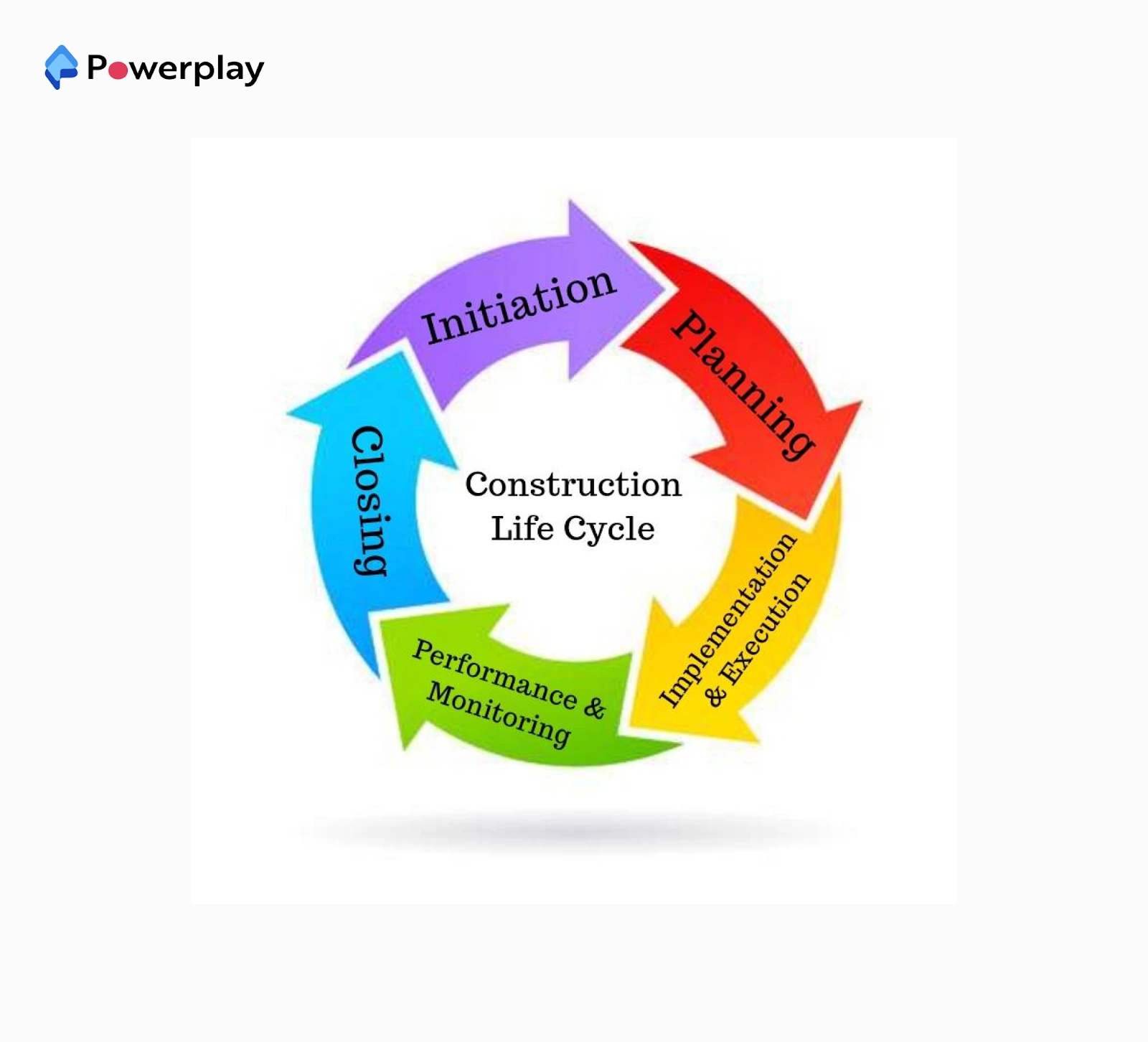
Civil Construction Stages
It is common practice in civil construction to segregate entire projects into stages that are planned and scheduled before initiating construction. Every stage can be considered as an individual project that must be completed, as prescribed by the directing authority, contributing to the project's goals as scheduled. Each and every stage is meticulously analysed and evaluated to ensure maintenance of ideal quality of work throughout the entire project process. These stages must be completed within the allotted time and resources, and must be inspected using different ways. The various stages involved in civil construction engineering are:
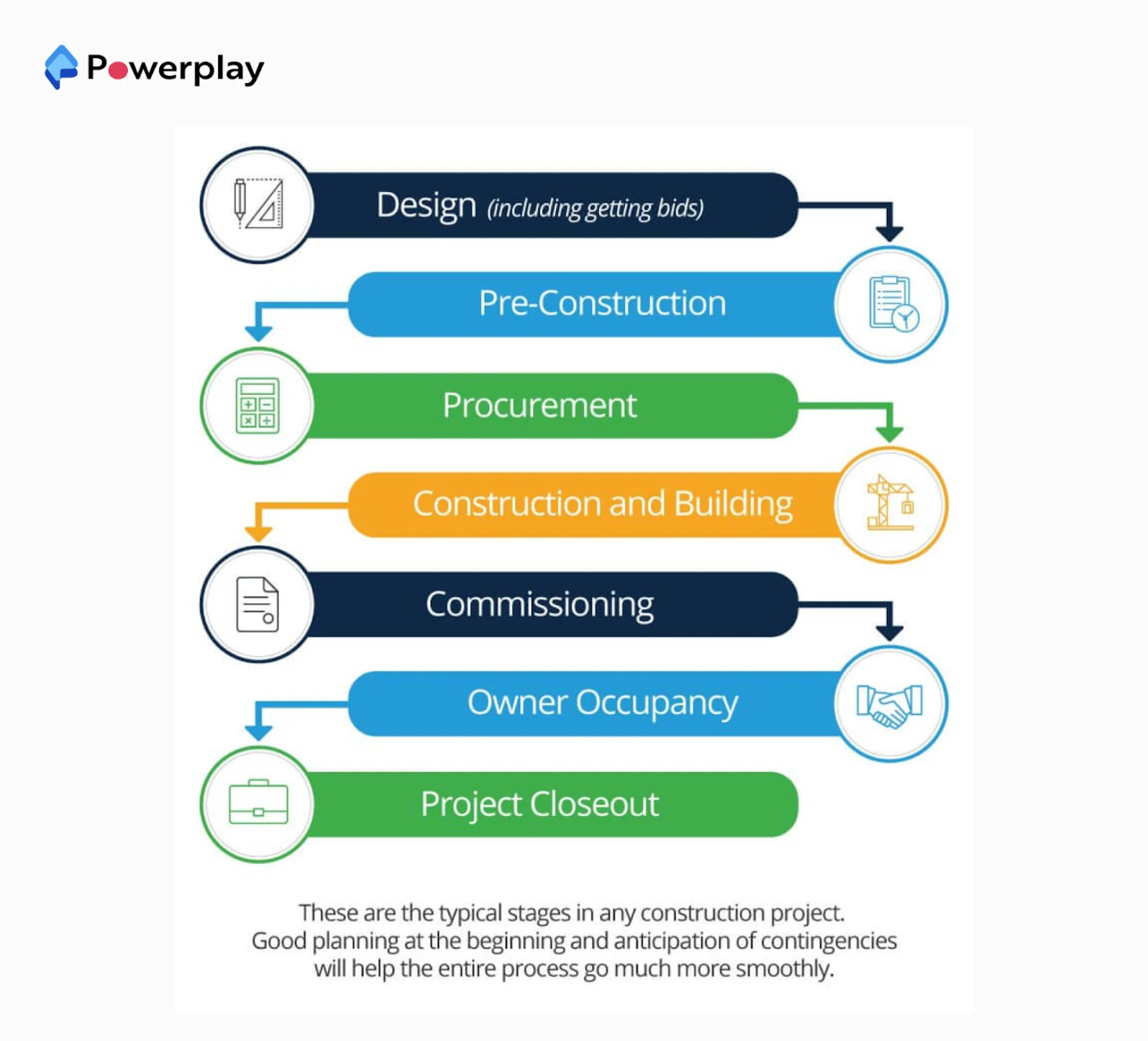
- Conception StageThe conception of a project starts when the client envisions to construct a specific structure according to his choice and requirement. It involves selection of location for the project and adoption of various specifications, codes and standards that will be adhered to during construction.
- DesigningThis stage involves the planning, designing and contracting of the entire project. Before this stage the project is not confirmed. The outline of the entire project is laid down as per the time sequence and guidelines from local and government bodies. The team responsible for designing and planning should stick to the set codes. Bidding against the project is also done during the designing stage. In short the designing stage can be completed in four main steps that are
- ease and management of outlining goals and objectives
- materials and resource supplies that has to be adopted during the construction phase for systematic design
- structural design developments that will decide the scope, material and equipment requirement.
- after finalizing all aspects of the designing stage, contract documents are prepared that specify all requirements.
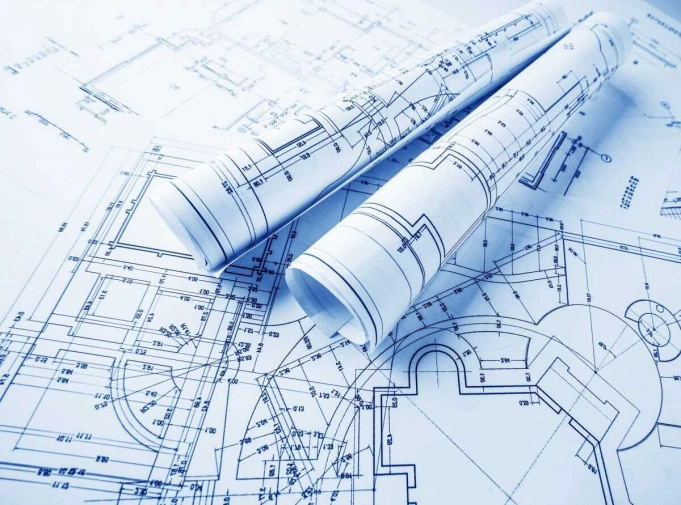
- Pre-constructionSelection of contractors and deputation of several professionals like engineers, managers, administrators, etc are done at this stage. This stage also includes inspection of the site by contractors and engineers.
- Procurement - As per the project requirements all resources that have been planned and already been ordered are procured during this integral stage. With the increase in scale of the project the complexity involved in procuring resources such as materials, equipment and workforce also increases.
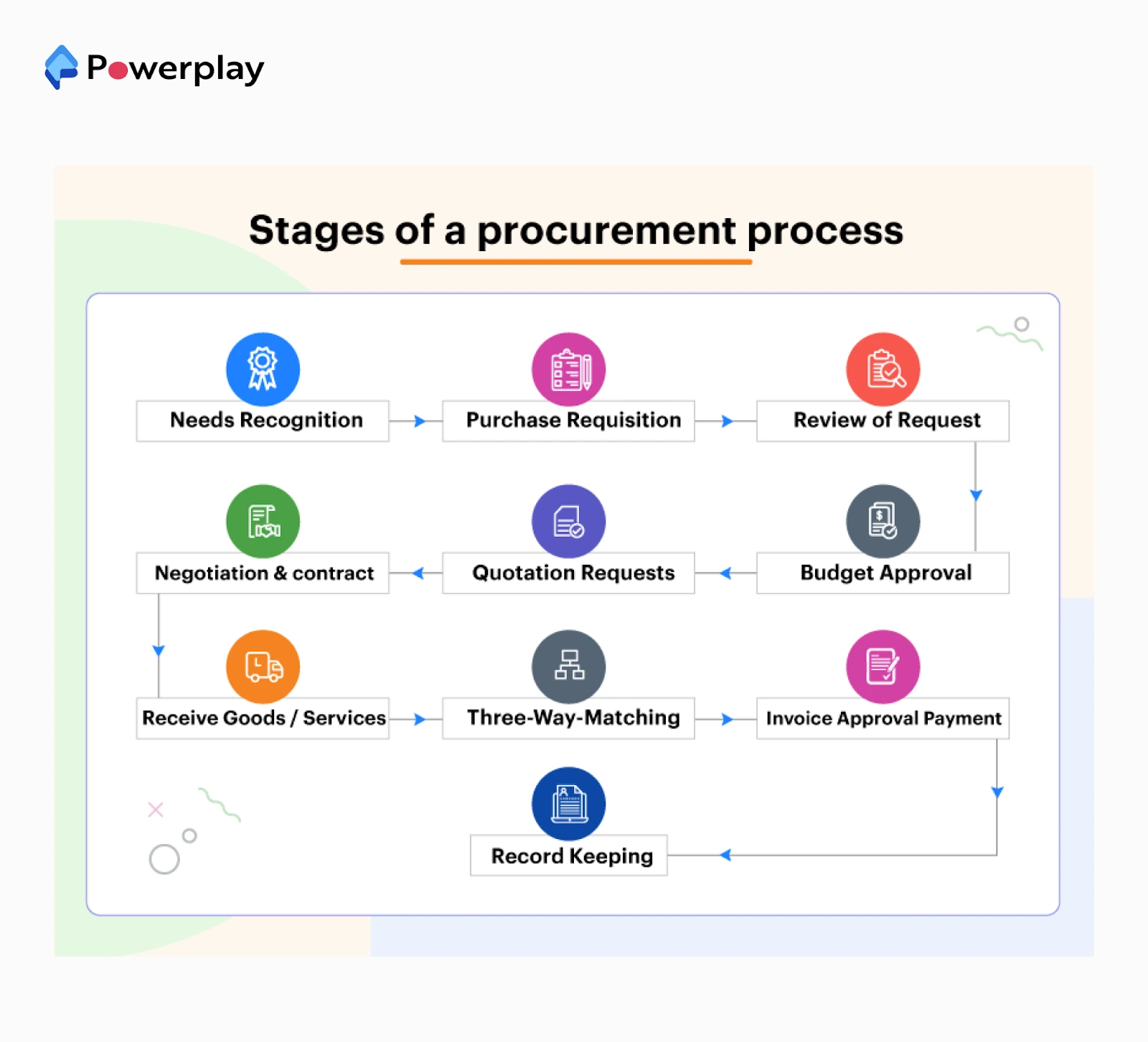
- ConstructionBefore initiating the construction project, a pre-construction meeting is held to direct each and every individual and team and ensure that they understand their role and function that will drive the efforts towards achieving a common goal. Construction stage thus involves the proper execution of processes, under standard regulations and with standard practices. The erection of the entire structure from its foundation to its finishes comprise the construction stage.
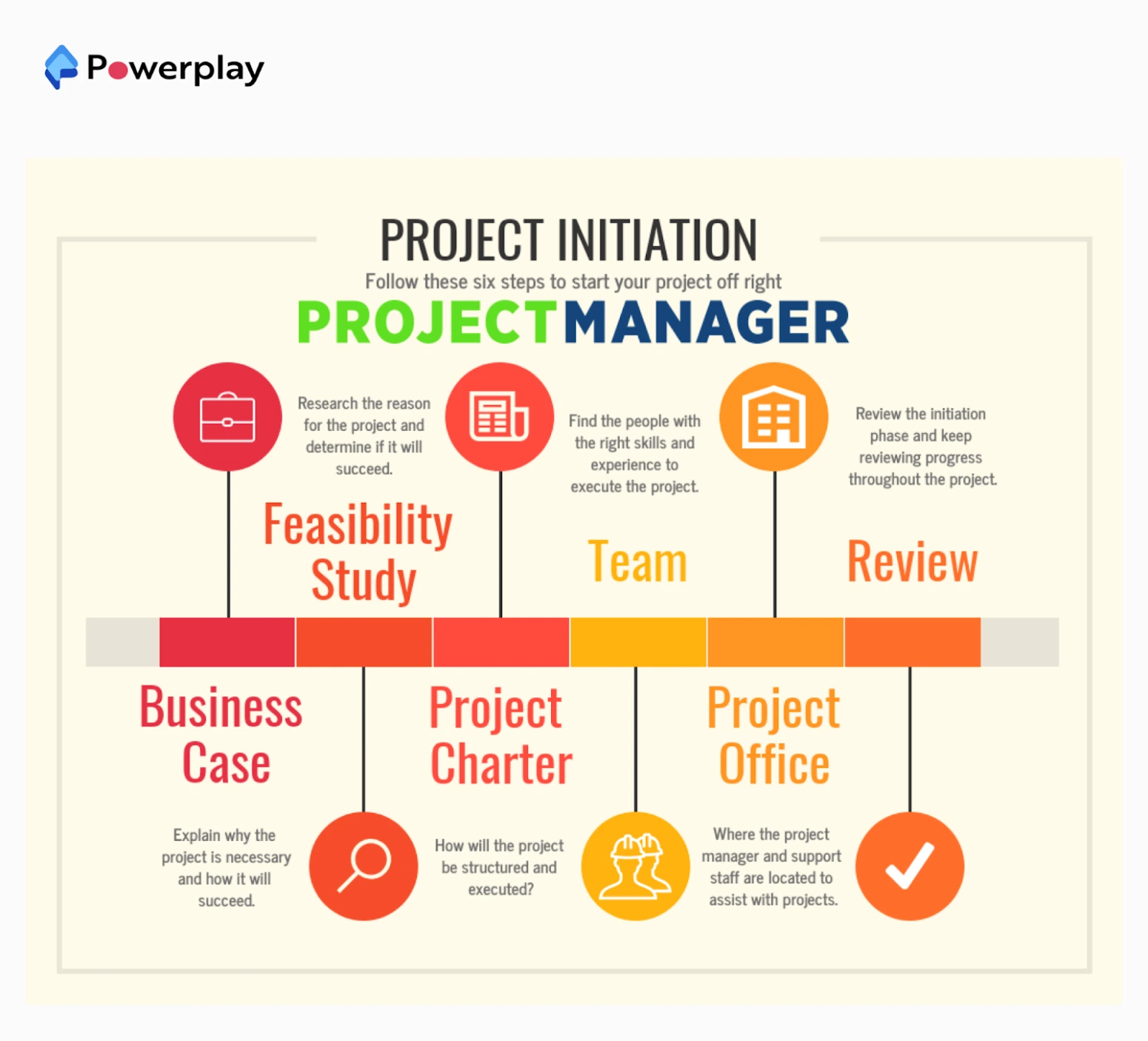
- Post ConstructionAt this stage all component structures of the project are inspected to ensure that they are ready for their designed use. All integral tasks have been completed at this stage and the project is heading towards completion. A post project review is also hosted by the project team to check whether all tasks are completed.
Major Civil Construction Projects
Civil construction engineering can be used to build a number of different structures both small and large scale. Small scale civil engineering construction includes building of home repair and renovation, local roads, regular parks, public toilets, etc. Major civil construction engineering projects can be:
- Residential BuildingResidential building construction works include construction, remodelling and repair/maintenance of houses, apartments, hostels, townhomes, etc that serves the purpose of housing people, supplies or equipment. Construction of garages and sheds can also come under this category. Residential building construction also includes electric and water systems in and around the structure. For single family residence, the builder himself can do both design and construction of the house with requisite amenities but for residential projects engineers and architects plan out the structures and contractors and sub-contractors complete the execution aspect of the project.

- Commercial BuildingAs the name suggests these buildings include school, hospitals, shopping centres, malls, stores, stadiums & sport arenas, skyscrapers, etc. These buildings are built as spaces to be used by certain sections of the population simultaneously and for generating revenue for a private or government client.
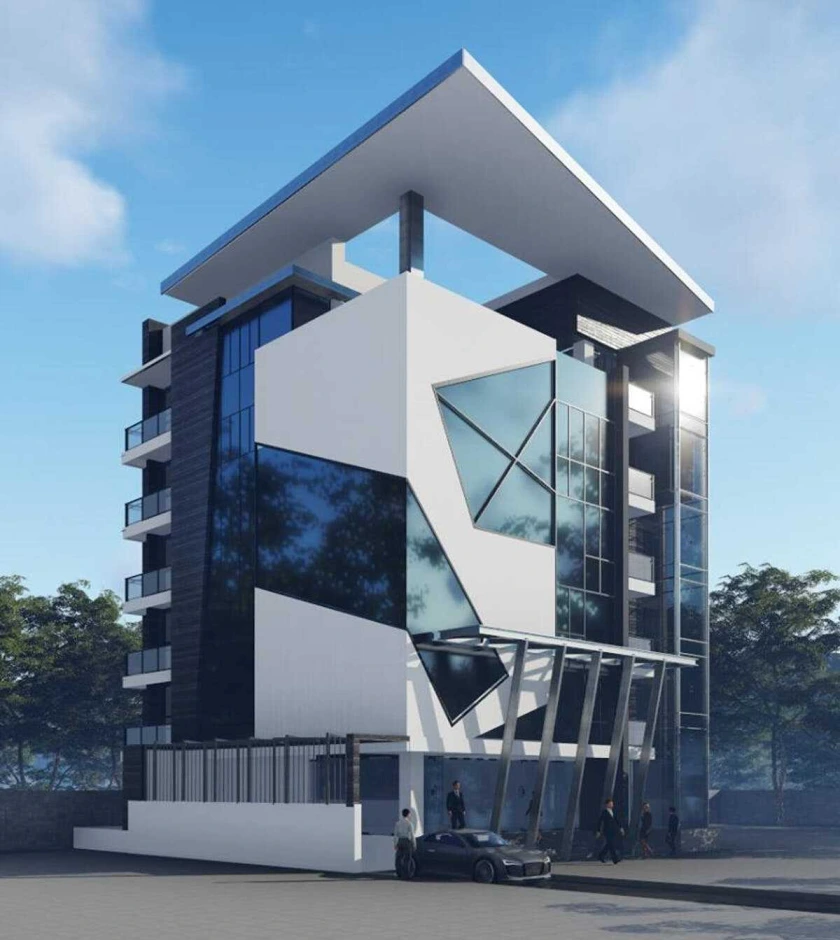
- Industrial ConstructionThese building construction work require specialized civil construction engineering as well as advanced technical skills in planning, design and construction. The extra demand for skills and specialized methods along with high quality work and supplies is because of the high structural load and high durability requirement of the structures.
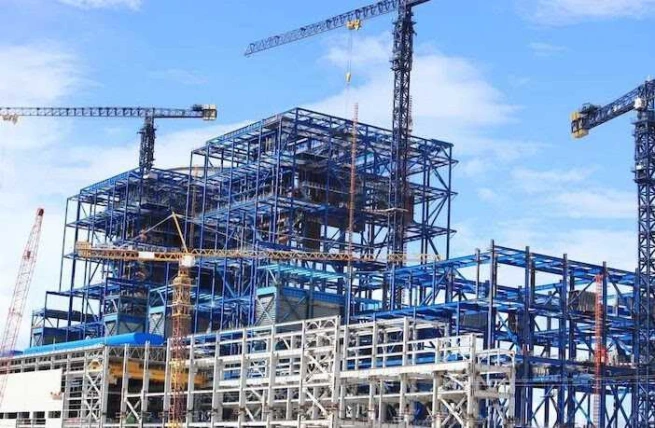
- Heavy ConstructionThis type of civil construction is usually undertaken for government firms and subsidiaries. Most of the heavy civil engineering construction projects are solely constructed for public safety and assistance. These include heavy structures that resist tremendous load and withstand adverse conditions for several years. Heavy construction engineering is adopted for construction of bridges, railroads, highways, river and canal stabilizing structures, wastewater treatment plants, ports, airports, etc.
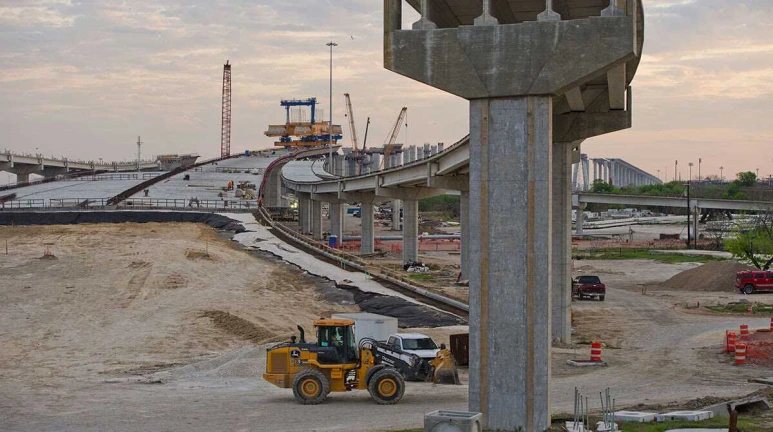
Civil Construction in India is an essential indicator of the development status of a country as it creates investment and employment opportunities across various interlinked sectors. It has contributed to the country's GDP with an approximate share of about 10%. The civil construction sector is considered to play a vital role in the economic growth along with structures that enhance productivity and add quality to life.






